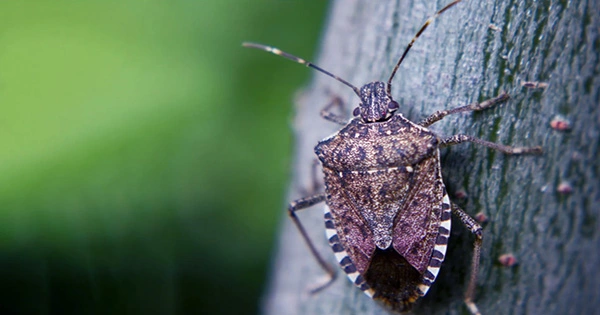Is it true that bugs sleep? It’s the kind of question that wakes up a restless mind on the verge of falling asleep, keeping you awake and perplexed as you look at the ceiling, imagining a centipede crawling into your bed. If you’re reading this at 3 a.m. and want to go back to sleep, the quick answer is sure – but not all bugs sleep the same way. DO BUGS GO TO BED? It’s probably best to start with a definition of sleep, which Britannica defines as “a normal, reversible, repeated condition of diminished receptivity to an external stimulus that is accompanied by complicated and predictable changes in physiology.”
Sleep was first identified in insects in 2000, according to PopSci, when two distinct study groups discovered that sleeping flies were more difficult to terrify than waking flies. This is also true with dozing creatures like cockroaches, praying mantises, and bees, which will droop with gravity and have a “increased arousal threshold” when collecting some zees. Cockroaches will even fold their antennae to protect their sensitive sense organs when they sleep, which is adorable.
WHAT HAPPENS WHILE A BUG IS SLEEPING? Insects have a central nervous system, which is a common feature among “sleeping” species. Bugs, like humans, have circadian rhythms, which are a cycle of sleep and awake that varies depending on the species. In the cockroach Leucophaea maderae, the existence of an internal circadian clock was first proven. Researchers were finally able to shift a cockroach’s circadian rhythm by transplanting a specific section of the brain from another roach that had been educated to follow a different sleep-wake cycle.
Foraging animals like honeybees have circadian cycles that see them work throughout the day and then relax at night. Honeybees move less, have lower muscular tone, a higher response threshold, and lower body temperature while they sleep, all of which are similar to what mammals and birds experience.
WHERE DO BUGS GO WHEN THEY DON’T SLEEP? Sleep deprivation causes fruit flies to have a stronger desire for sleep, a phenomenon known as “sleep rebound.” Sleep-deprived flies would have to catch up on their zees, napping more than their well-rested counterparts, according to research. In an experiment that kept bees awake using an “insominator” device, which used magnets to jostle bees trying to sleep, sleep deprivation was found to have a deleterious effect on honeybees. Those who were kept awake were poor communicators, making vague waggle dances regarding food sources.
IS IT POSSIBLE TO FIND BUGS THAT DO NOT SLEEP? It’s difficult to verify the lack of sleep, although there are undoubtedly insects in which sleep hasn’t been confirmed. Butterflies, for example, are known to rest, but “we don’t know if they sleep,” according to Katy Prudic, a scientist at Oregon State University. What we do know is that butterflies are one of the numerous insects that, when exposed to extreme cold, go into a protective state known as torpor, which is different from sleep. Ladybird beetles, for example, hibernate in order to survive the winter. So, inquisitive minds may rest easy knowing that bugs do slumber, even if it doesn’t always include really closing their eyes. But hold on… Do sharks take naps?
















